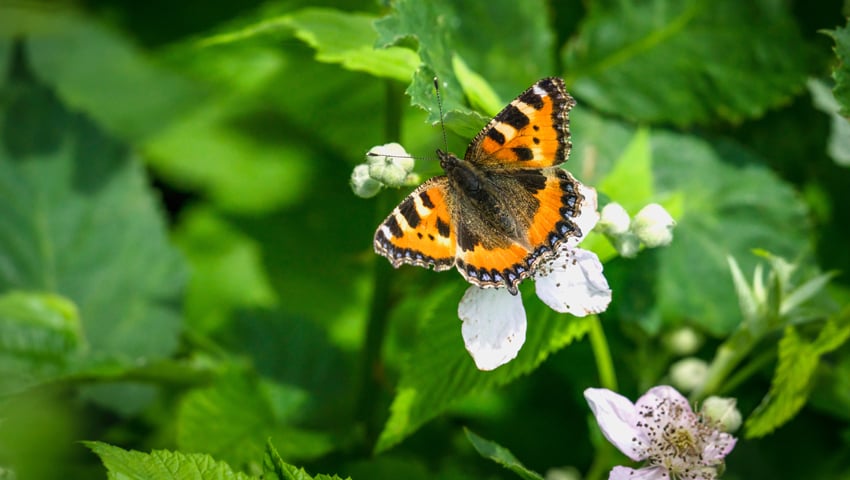More than forty leading economists, former government advisors, and nature experts have written to MPs ahead of the opening of the Public Bill Committee (Thurs 24 April), to warn of the dangers of rushing Part III of the Planning and Infrastructure Bill into law.
Part III proposes a “pay to pollute” buy-out mechanism, allowing companies to pay money to Natural England in exchange for destroying vital protected sites and species.
Prof David Hill CBE, former Deputy Chairman of Natural England, a signatory to the letter, said, “I cannot believe we have come to this position. Under the watch of previous governments, the debate had always been around how far we should progress to increase protection and funding for nature and green growth.
“Now, regressive laws are being quietly accelerated through Parliament with no public consultation, impact assessments or pilots. Part III of the Planning and Infrastructure Bill harms our economy, rather than helps it, and will deliver a profoundly unacceptable blow to our natural environment, which, unlike the economy, may never recover.”
If passed, the signatories say, Part III would amount to an extraordinary roll-back of critical nature protections that have, until now, supported nature-positive development and growth in England for over 40 years.
A spokesperson said, “The planned Nature Levy would turbo-charge the destruction of species and habitats in England, while undermining the UK’s international reputation for pioneering high integrity, pro-growth nature markets.
“Worse still, introducing a Nature Levy of this kind will add cost and delays to planning and development, harming our economy rather than helping it. Previous tariff systems, such as the introduction of the unpopular Community Infrastructure Levy in 2010, have shown this to be the case.”
Previous community levy schemes to fund infrastructure like roads, schools, GP surgeries and green spaces have led to lengthy viability negotiations between developers and planning authorities, slowing down and adding cost to the planning process.
Levy schemes can also struggle to raise sufficient cash to deliver the intended projects, meaning many are never implemented at all, leaving local communities without the vital infrastructure intended to deliver prosperity, health and wellbeing. We can’t let these mistakes be repeated for our most vital species and habitats.
Prof Sir Partha Dasgupta, author of the HM Treasury-commissioned Dasgupta Review on the economics of biodiversity, and a letter signatory, said, “Part III of the Bill allows companies to ‘buy out’ of existing nature obligations while disapplying decades of nature laws. This profoundly undermines the core value and purpose of nature markets which is to halt and reverse the decline of nature, not accelerate it.
“Part III of the Bill will cause economic harm, by introducing overlapping and clashing nature laws, and slowing development with complex viability-based levy systems that critically undermine the investment case for nature in the UK. Part III should not be rushed into law without a full understanding of the impacts Part III will have to our economy, and the environment on which it depends.”
The letter, which calls for a pause to Part III of the Bill to allow for proper due process, has also been signed by Isabella Tree, author of award-winning Wilding—and fellow Knepp Estate conservationist, Sir Charlie Burrell, and Sir John Lawton, author of Making space for Nature (commissioned by Gordon Brown’s Labour Government in 2009).
The signatories also say that “rushed laws of this magnitude, passed without due process, impact assessments or pilots, will add friction, complexity and costs to the development process, while causing irreparable harm to our environment”.
MPs must, the signatories say, “fully understand the impacts of Part III of the Bill before it comes into law, as too much is at stake for our economy, and our natural environment on which it depends”.
Read the letter, Re Planning and Infrastructure Bill nature levy: A licence to kill nature
